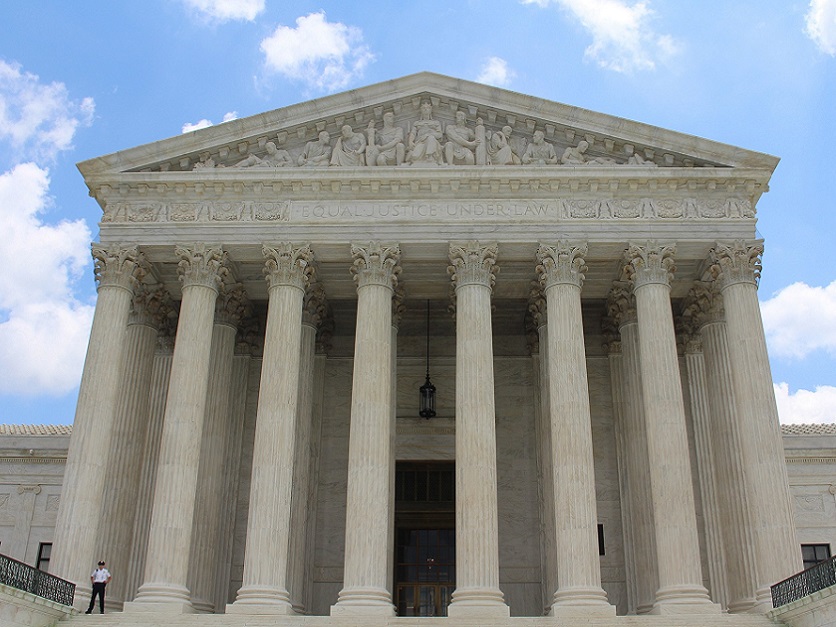The Supreme Court has agreed to decide whether challenges to EPA small refinery exemption decisions can be heard in federal appeals courts other than the D.C. Circuit Court of Appeals.
The court granted a petition filed by the Environmental Protection Agency in a case involving the agency’s denial of 105 applications for exemptions from blending requirements in the Renewable Fuel Standard. The question raised in the SRE case is whether the D.C. Circuit should be the only venue for judicial review under the Clean Air Act.
The court also granted petitions in two other cases involving EPA disapprovals of state implementation plans under the Clean Air Act. Four federal appeals courts agreed that challenges were properly brought in their circuits. The 10th Circuit Court of Appeals, however, said Utah’s and Texas’s challenges should be brought in the D.C. Circuit.
The government argued that the 5th Circuit Court of Appeals should not have considered the matter. That court agreed with six refineries that EPA erred in denying their SRE applications.
In the United States’ petition, Solicitor General Elizabeth Prelogar argued that the D.C. Circuit “is the exclusive venue for a petition for review of certain specified actions or ‘any other nationally applicable regulations promulgated, or final action taken,’ by EPA,” citing the Clean Air Act.
The government noted that the law allows a petition for review of an action that is “locally or regionally applicable” to be filed in the “appropriate circuit.” But, again quoting the law, the federal government said “a petition for review of a locally or regionally applicable action must be filed in the D.C. Circuit if it ‘is based on a determination of nationwide scope or effect and if in taking such action the Administrator finds and publishes that such action is based on such a determination.’”
Cut through the clutter! We deliver the news you need to stay informed about farm, food and rural issues. Sign up for a FREE month of Agri-Pulse here.
Refineries argued against granting the petition, calling the case a poor vehicle to examine the question of the statute’s meaning. They said that even if their challenges to the denials were transferred to the D.C. Circuit, that court’s July decision “proves beyond doubt that EPA would lose those challenges on the merits for largely the same reasons given by the Fifth Circuit.”
On July 26, the D.C. Circuit reversed EPA SRE denials and remanded the matter to the agency. The July 26 opinion was sealed, however. The parties have until Oct. 24 to show why the decision should no be unsealed.
The section of the Clean Air Act that discusses venue “has forced agencies and litigants to expend a great deal of resources in addressing venue issues that arise in both rulemaking and litigation,” says a paper authored in 2020 by attorney Cris Ray, now of McDermott Will & Emery.
And in a 2015 decision, the Supreme Court called the CAA language “not a model of statutory clarity.”


![Steve headshot 250x200[1]](http://www.agri-pulse.com/ext/resources/Headshots/Staff-Photos/thumb/Steve_Headshot_250x200[1].JPG?1738947158)
